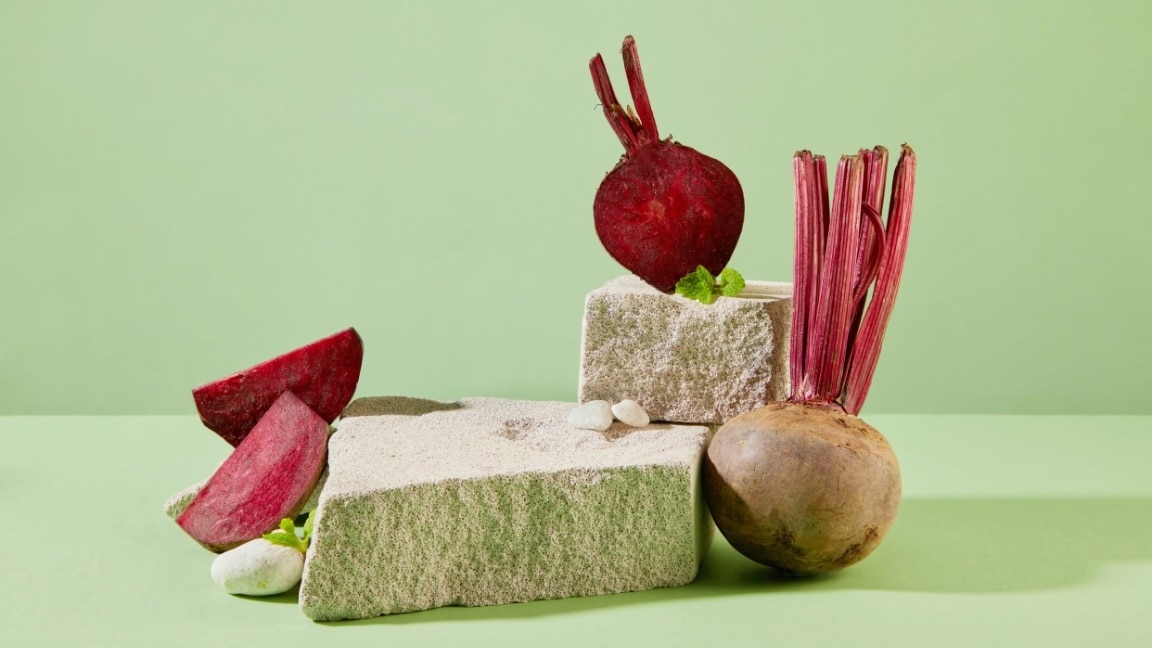- 01 Why is Beetroot Considered a Skincare Superfood?
- 02 Beetroot Benefits for Skin
- 03 Different Ways to use Beetroot for Skin
- 04 Drinking beetroot juice daily for skin
- 05 Eating beetroot for healthy, glowing skin
- 06 Topical uses: DIY beetroot face masks
- 07 Safety Precautions and Things to Keep in Mind
- 08 Who Should Avoid Using Beetroot Topically?
- 09 FAQs
Whether it's rooted in age-old DIYs or resurfacing in viral reels, beetroot for skin is having a glow-up moment. This vegetable, long used in Indian kitchens, is now the star of many natural skincare routines. But what exactly makes beetroot such a skin superfood? From boosting blood flow to delivering antioxidant-rich nourishment, we break down the beetroot benefits for skin—and explain what the science (and a dermatologist) actually says.









